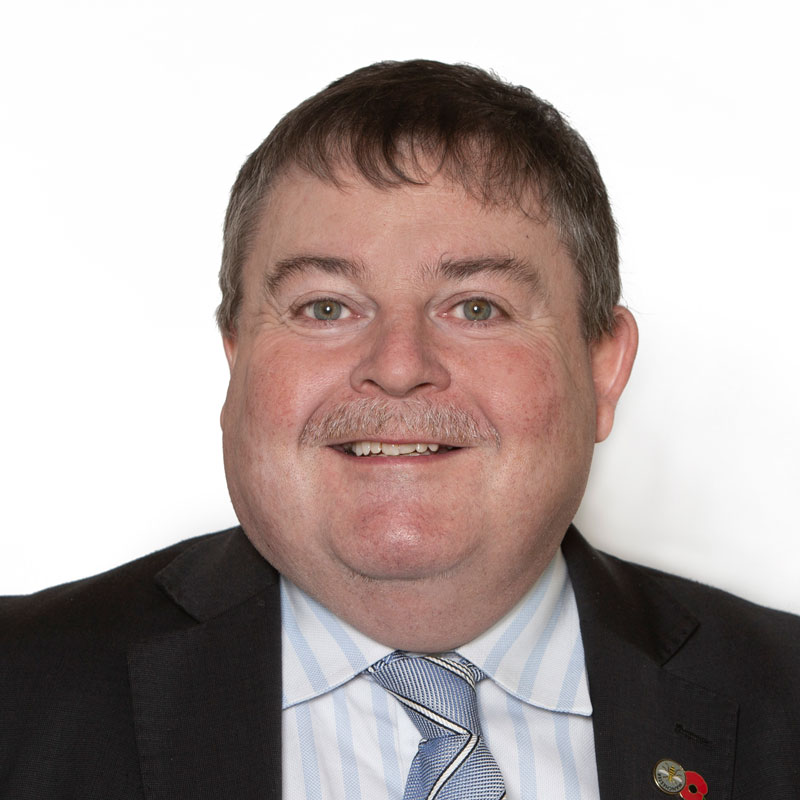Amateur sports enthusiasts shouldn’t ignore risks

Mike Allison
18 October 2022For instance, just recently we have heard that Motor Neurone Disease (MND) is now deemed to be 15 times more likely in former professional rugby players. Leading neurologist Dr Willy Stewart, from Glasgow University, found the risk of any neurodegenerative disease was more than double for former international rugby union players.
Former Scottish internationals were at just over twice the risk of developing dementia and three times at risk of Parkinson’s.
The shock finding comes after rugby legends, Doddie Weir, 52, and Rob Burrow, 40, were diagnosed with the devastating condition caused by the death of the nerves that carry messages from the brain to people’s muscles. It affects their ability to move, talk and breathe. Most people unfortunately die within two years of being diagnosed.
Dr Stewart’s previous research resulted in under-12s being banned from heading footballs during training. His latest analysis – comparing 412 former Scottish international male rugby players with 1,200 individuals from the general population – revealed that the chances of them being diagnosed with a neurodegenerative disease were 2.67 times higher.
However, there was an even bigger risk for MND with rugby players being 15.17 times more likely to be diagnosed with this disease than those within the same age range – born before 1991 – in the general population.
We know this is an incredibly complex problem and an area in which - like many other diseases - there are constantly calls for research.
While I am mentioning research a big shout out should from this column to William Lloyd Hayward for his amazing efforts in supporting the Alzheimer’s Society via the Charity Ball he organised in September – raising in excess of £50,000. A magnificent effort by him and all the team at Brightstar involved as well as the many contributors of course. It is only through research that these diseases can be fully understood and potentially cures found.
Dr Susan Kohlhaas, Director at Alzheimer’s Research UK, said that rugby means so much to so many, it is a game that inspires, that brings people together from many cultures around the world. She went on to say, “But as with all contact sports, it has risks. While the benefits of physical exercise on brain and heart health are well known, multiple studies show links between traumatic brain injury and the development of dementia. It’s concerning to see research now identifies former male rugby players as being at increased risk of dementia and at particularly high risk of motor neuron disease.”
More recently and bringing it down to a more simplistic level, I was recently made aware of a case of simple fracture cover that supported a Zurich client, having taken out a life with critical illness policy with Zurich in September 2018.
The client had a nose fracture in 2019 via a freak accident and then a further one when working on a ladder four months later. The client commented that he was grateful to have the cover in place as he needed surgery both times.
While as advisers you hear stories like this continuously it is good to hear clients speak about the benefits as well as the reassurance that insurers do pay claims – something the industry as a whole is fighting to reinforce.
We can get hooked into the process of linking life cover amounts with mortgage amounts and debts, but it is vital that in the new Consumer Duty era we all try to remind clients of the types of insurance that exist out there and not just focus on those core products.
From the highest profile people to a ‘normal’ client, insurance can provide all with support whether it be fracture cover, the traditional three or even dementia and frail care support from Vitality in addition to the hybrids provided from the likes of Met Life.
I have had a number of conversations with insurers over lengthy periods of time now as to how they can support advisers by informing them of ongoing claims whether it be Life, CI or Income Protection – or any other for that matter.
My view is that if anyone is going through a claim process they are potentially vulnerable either financially or through stress. Given the heightened awareness of client vulnerability and its inextricable links to Consumer Duty, it is one way in which providers can work with advisrs to support them in their duty of care to clients and in some cases get an extension to, or some kind of replacement, cover once they have had a claim.
Elite sport is not for everyone, but insurance should be – there is always going to be a risk involved and it’s highly important clients have the cover necessary to mitigate against it.


